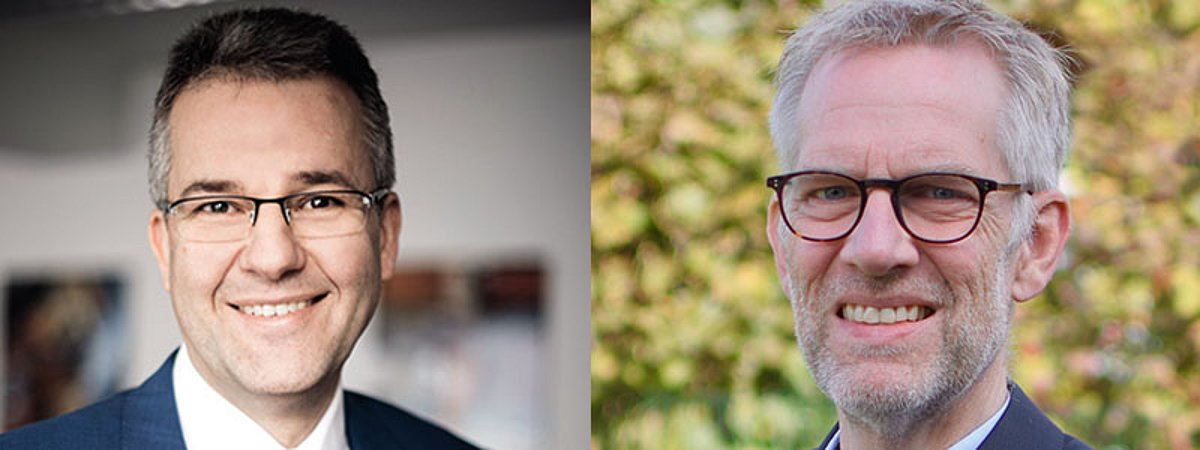World's largest research network IGF acutely endangered

The world's largest research network "Industrielle Gemeinschaftsforschung" (IGF), which is funded by the German Federal Ministry of Economics and Climate Protection (BMWK), is under threat: The research funding will expire at the end of the year, as the BMWK apparently wants to end the existing funding program in its current form.
The IGF is the world's largest research and development network of small and medium-sized enterprises. More than 25,000 companies, mainly SMEs, and 1,200 research institutions are currently involved in the "Industrielle Gemeinschaftsforschung" (IGF) funding program. They are currently working on 1,900 research projects to ensure that Germany stays ahead in the future in areas such as mobility, materials research, energy efficiency and sustainability. "A successful model of pre-competitive collaboration and technology transfer that is unique in its structure worldwide and makes an elementary contribution to maintaining competitiveness in Germany as a center of innovation and technology," says Dipl.-Ing. Jens Jerzembeck, Managing Director of the Research Association on Welding and Allied Processes (Forschungsvereinigung Schweißen und verwandte Verfahren e. V.) of the DVS, who heads one of a total of 100 research associations that are part of the IGF. But this successful model could come to an end in the future, fears Dipl.-Ing. Rainer Salomon, Managing Director of FOSTA - Forschungsvereinigung Stahlanwendung e. V.: "The coalition agreement does state that the research associations are to be strengthened and further developed. However, at the end of June, we learned 'coldly' that the BMWK intends to end the existing funding program in its current form. What is currently being worked out behind closed doors is completely unclear. When asked, we were only told that a reorganization of the program was currently being prepared." It is to come into force as early as January 1, 2023. Jerzembeck commented, "At no point were the research associations involved in the decision-making process. We are concerned that this will destroy a research network that has grown over decades, virtually in a political coup de grâce without necessity."
"An innovative SME sector is a crucial asset for the sustainable future viability of the German economy, especially when it comes to the issues of resource efficiency, climate and energy, mobility and digitalization," says Jerzembeck. Reducing investments in innovative strength is not the right way to go in view of the current economic policy challenges, he says: "The state is already investing too little funding in SME-oriented industry research," says Jerzembeck. Its relevance is underlined by DVS President Dipl.-Betriebsw. Susanne Szczesny-Oßing: "We live from technological leadership, which must be ensured through research with a practical focus. With a good 25 billion euros in sales, the industry is a European leader." A total of 429,000 people are currently employed in their industry. "For us, daring to make more progress means daring to do it together. Because that's part of the DNA of industrial collaborative research," Jerzembeck said. "With the research associations, Germany has a research network that is the envy of the world. We should do everything we can to ensure that the bridging from research to application continues to be optimally guaranteed in the future and that fine-tuning is carried out where necessary - together with all stakeholders, at one table."
